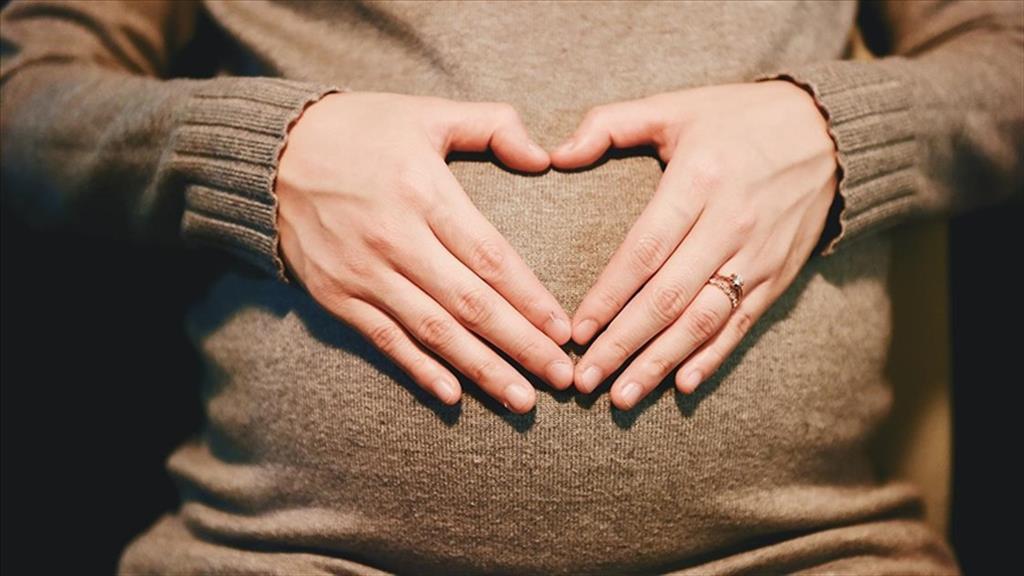Part of a special Series on maternal health, the study shows a high burden of postnatal conditions that persist in the months or even years after giving birth.
These include pain during sexual intercourse (dyspareunia), affecting more than a third (35%) of postpartum women, low back pain (32%), anal incontinence (19%), urinary incontinence (8-31%), anxiety (9-24%), depression (11-17%), perineal pain (11%), fear of childbirth (tokophobia) (6-15%) and secondary infertility (11%).
Despite their prevalence, these conditions have been largely neglected in clinical research, practice and policy, the paper notes.
During a literature review spanning the last 12 years, the authors identified no recent high-quality guidelines to support effective treatment for 40% of the 32 priority conditions analyzed in their study, and found not a single high-quality guideline from a low- or middle-income country.
Data gaps are also significant: there were no nationally representative or global studies for any of the conditions identified through the research.
According to its opening paper, a holistic approach is needed to reduce maternal deaths, focusing not only on their immediate biomedical causes but also on the complex interplay of broader social, economic and environmental conditions that affect women’s health, including racial and gender inequities as well as economic context, nutrition, sanitation, environmental risks, or exposures to violence and conflict.
Fundamentally, the Series argues for a strong, multidisciplinary health system, that not only provides high quality, respectful maternity services but also prevents ill health and mitigates the impact of broader inequities – including specific interventions that support the most vulnerable women and girls.
pll/npg/crc










